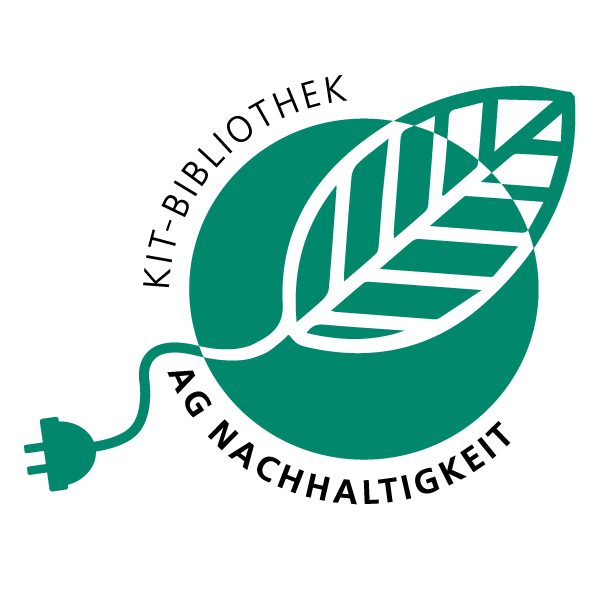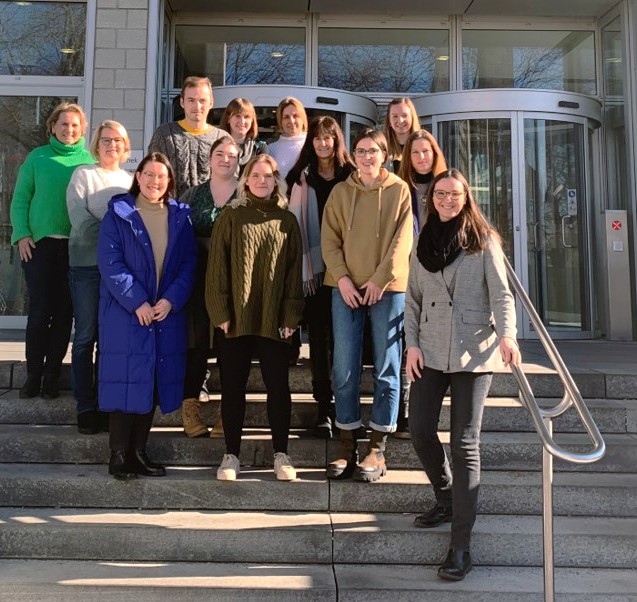![]() Would you like to
have this page translated automatically? Then click on the link below to download data from the external Google Translate Server. Note: Personal data
(e.g. your IP address) will be transmitted to this server. Google Translate now ...
Would you like to
have this page translated automatically? Then click on the link below to download data from the external Google Translate Server. Note: Personal data
(e.g. your IP address) will be transmitted to this server. Google Translate now ...
Sustainability at KIT Library
Public and academic libraries have been increasingly involved in the field of sustainability for some time now and are exchanging ideas through the Netzwerk Grüne Bibliothek (Green Library Network). This development was spurred on in 2015 by the UN General Assembly's 2030 Agenda resolution, in which 17 sustainability goals were agreed. These goals relate to both ecological and social aspects, such as providing high-quality education.
Following a strategy workshop in May 2022, the KIT Library decided to focus more on the topic of sustainability and established a working group to which employees could volunteer. The working group met with great interest within the library, so that 11 colleagues are now working together across departments.
Some of the changes and actions already implemented by the working group can be found below under the sustainable offers of the KIT Library. The challenge here lies in the implementation within a large institution such as KIT, as various organizational units are often involved.
The aim of the working group is to find long-term solutions for the entire library and to involve users more closely. If you are interested in an exchange or would like to implement the topic of sustainability in your own library, please get in touch.
Alle aufklappen | Alle zuklappen
What sustainable services does KIT Library already offer?
Libraries play an important role sustainable development. They promote free access to information and education for all people. Through the principle of lending and multiple use, they also help to conserve resources. They therefore make an important contribution to achieving the United Nations Sustainable Development Goals (SDGs), which revolve around the three areas of sustainable development: economic, social and environmental.
Below, we present examples of sustainable services at KIT Library:
Inclusive and free access to education, information, spaces and materials
|
Sustainable services for users
|
Saving paper for more sustainability
|
| Sustainability in the daily work of KIT Library |
Sustainability working group campaigns and networking
|














